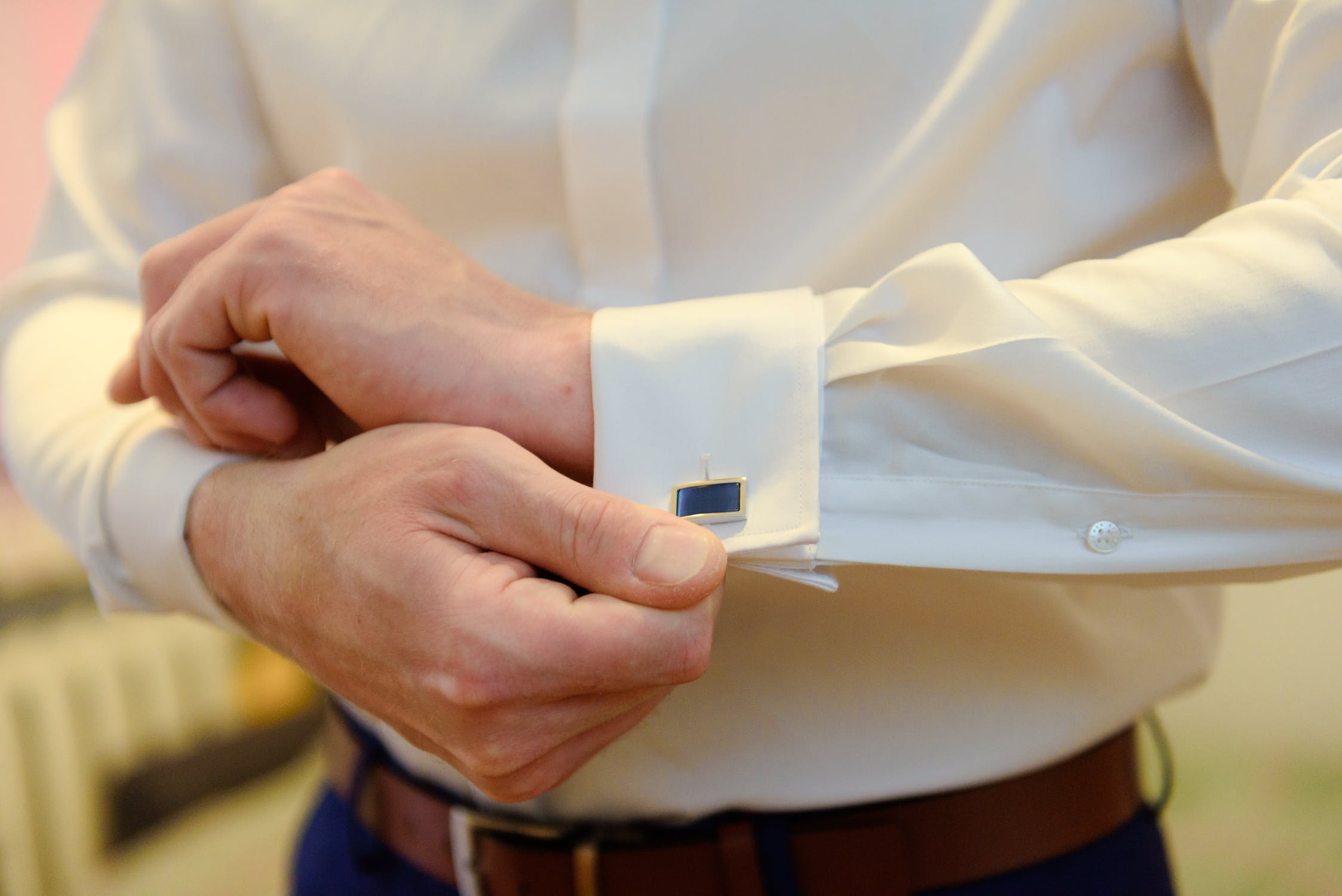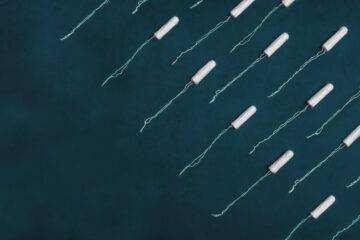Why meeting a potential sperm donor in a hotel room, for the purpose of sperm collection in a cup, most likely is not a good idea?
Why obtaining sperm from an official or registered source, for the purpose of conceiving a baby, might be a better idea?
Background:
It has come to our attention that women in the US are obtaining sperm from Facebook Private Groups or on-demand sperm donation directly from individuals. Although these sources may seem safe and potentially desirable, their use may pose potentially serious health hazards to the women and their babies.
Question #1:
What are the concerns surrounding obtaining a donated/purchased sperm?
Answer #1:
The safety of the woman is of the utmost importance. We want to help prevent a) sexually transmitted diseases (STDs) or HIV, and b)serious hereditary diseases.
Question #2:
How should the process of “obtaining a donated/purchased sperm” work, in order to help prevent STDs, including HIV and other hereditary diseases?
Answer #2:
- Before donating/selling a sperm, every sperm donor needs to be tested for HIV and other STDs and remained abstinent so as not to contract a new disease.
- Before donating/selling, vigorous testing needed for hereditary diseases should be conducted on the semen donor, by an accredited lab, for many serious hereditary diseases such as Tay-Sachs disease and cystic fibrosis.
- The sperm needs to be quarantined for 6 months, to wait for repeat disease testing of the donor. It may take months for some tests to turn positive from the time someone contracts an STD. Repeat results (6 months post collection of semen) should come back negative before inserting the individual’s sperm into the woman or into the egg directly. Essentially the sperm cannot be used for 6 months after collection.
- The sperm should be washed with lab medium before being inserted into the woman or egg.
- We also need to be mindful of consanguinity, i.e., too many children from one donor in a given area. This can unknowingly lead to marriage of related people, putting their children at a high risk for genetic diseases.
Conclusion:
- Meeting a potential sperm donor in a hotel room, for the purpose of sperm collection in a cup, most likely is not a good idea. This is because there is no way to verify whether this donor has met the criteria of a)STD tests being negative; b)staying abstinent even if he just got tested and the results are negative; c)free of the hereditary diseases.
- Also, we do not know the number of offspring he has produced, for the purpose of understanding consanguinity.
- Most importantly, the sperm collected that day, by definition, has not been quarantined for 6 months. This period of 6 months is important for us to verify that he did not have HIV during the time when he made the donation of the sperm.
Disclaimer:
This does not constitute medical advice. Please consult your doctor for your specific situation. Lifestyle choices are individuals’ choices.
It is written by Eggschain editors and medically reviewed by Hugh Taylor, MD, the Anita O’Keeffe Young Professor and Chair, Department of Obstetrics Gynecology and Reproductive Sciences at Yale School of Medicine and Chief of Obstetrics and Gynecology at Yale-New Haven Hospital. He is also Professor of Molecular, Cellular and Developmental biology at Yale University.



